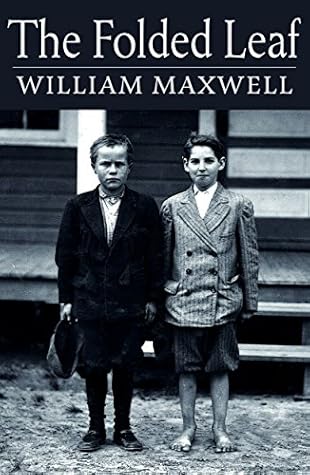More on this book
Kindle Notes & Highlights
Time is probably no more unkind to sporting characters than it is to other people, but physical decay unsustained by respectability is somehow more noticeable.
In a primitive society the impulses that run contrary to the patterns of civilization, the dark impulses of envy, jealousy, and hate, are tolerated and understood and eventually released through public ritual, through cutting with crocodiles’ teeth, burning, beating, incisions in the boy’s penis. This primitive ritual of torture is more painful, perhaps, but no more cruel than the humor of high school boys. Each stage of the torture is related to a sacred object, and the novices are convinced that, as a result of running the gantlet and being switched with nettles, they will have muscle and
...more
But to live in the world at all is to be committed to some kind of a journey.
It is always disturbing to pick up an acquaintance after several years. The person is bound to have changed, so that (in one way or another) you will have to deal with a stranger. Yet the change seldom turns out to be as great as one expects, or even hopes for.
The person who is both intelligent and observing cannot at the same time be innocent. He can only pretend to be; to others sometimes, sometimes to himself.
Considering the whole of human misery, it is not unreasonable that now and then some unhappy person should want to take his own life. But certain customs and practices now fallen into disuse—the confiscation of the suicide’s property, the brutal punishment inflicted on his corpse, the refusal of a Christian burial, and that strange practice of burying a suicide at a crossroads with a stake driven through his heart—testify to the horror aroused by this act. The horror may be due to the fact that all people share, in some degree, the impulse toward self-destruction; and when some one person
...more
AT two-thirty the next morning, Lymie opened his eyes in a bare hospital room. The light was on, shaded by a piece of yellow paper. Miss Vogel, the night nurse, saw that he was awake, came over to the bed, and took his temperature. She was a plump, middle-aged woman with dyed black hair and a black fuzz on her upper lip. She took the thermometer out from under Lymie’s tongue and read it. Then she wiped his forehead with a damp washcloth, and straightened the covers. These first threads of dependency having been established between them, she bent over the bed, so that her face was close to his,
...more
The desert is the natural dwelling place not only of Arabs and Indians but also of people who can’t speak when they want to and of those others who, like Lymie Peters, have nothing more to say, people who have stopped justifying and explaining, stopped trying to account for themselves or their actions, stopped hoping that someone will come along and love them and so make sense out of their lives.
The truth is that Lymie had never wanted to die, never at any time. The truth is nothing like as simple or as straightforward a thing as Lymie believed it to be. It masquerades in inversions and paradoxes, is easier to get at in a lie than in an honest statement. If pursued, the truth withdraws, puts on one false face after another, and finally goes underground, where it can only be got at in the complex, agonizing absurdity of dreams.
For a grown man to be happy is not common, perhaps, but neither is it altogether rare. Often it requires nothing more than that his wife love him or that his work suit his nature; or that there be a secret that he has told no one; or that the hope of his life be waiting now, ready for him to choose or not to choose, whichever he pleases.
Music never comes unbidden to the mind. It is a beautiful private language, independent of words, made up of association and memory. And no one listens to it.


